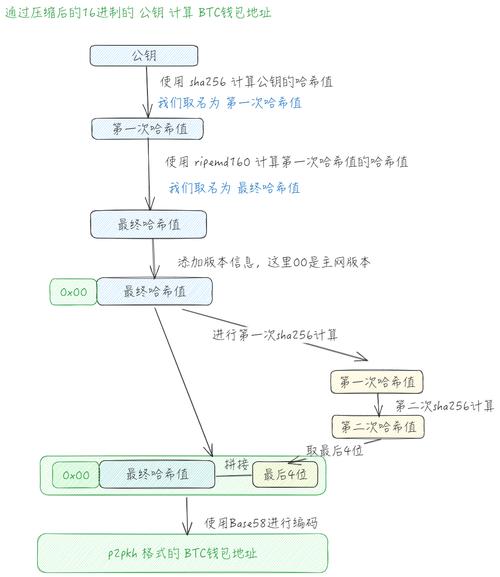Cryptocurrency Miner, Understanding the Mechanics and Impact
The realm of cryptocurrency has gained remarkable traction over the years, largely due to its underlying technology, blockchain. Among the various components that contribute to the functionality and security of cryptocurrencies, the role of miners is pivotal. This article delves into the intricacies of cryptocurrency mining, exploring its process, significance, and the consequences it holds for the digital economy.
The realm of cryptocurrency has gained remarkable traction over the years, largely due to its underlying technology, blockchain. Among the various components that contribute to the functionality and security of cryptocurrencies, the role of miners is pivotal. This article delves into the intricacies of cryptocurrency mining, exploring its process, significance, and the consequences it holds for the digital economy.

What Is Cryptocurrency Mining?
Cryptocurrency mining, at its core, is the process by which transactions are verified and added to a blockchain ledger. It involves using computational power to solve complex mathematical problems related to transaction data. When these problems are solved, the transactions are verified and collected into blocks, which are then added to the existing blockchain.
Miners take on the role of these verifiers, and in return for their efforts, they are rewarded with cryptocurrency coins, making mining an attractive venture for many. As the demand for cryptocurrencies rises, so does the sophistication and competition among miners.

The Mining Process Explained
The mining process comprises multiple stages, each crucial to the overall function of the blockchain. First, miners compete to solve a cryptographic puzzle known as the proof-of-work. The first miner to solve this puzzle is allowed to add a new block to the blockchain and earns the block reward, which usually consists of newly minted coins and transaction fees.
Once a block is added, the information is broadcasted to the entire network, ensuring that all copies of the blockchain are updated. This decentralized verification process is what provides security and trust in the cryptocurrency system. However, the energy consumption and computational requirements of such mining operations have raised concerns about sustainability.

The Importance of Miners in the Cryptocurrency Ecosystem
Miners play an essential role in maintaining the integrity of the cryptocurrency ecosystem. They provide necessary security by preventing fraud and double-spending on the network. Without miners, the blockchain could potentially be vulnerable to attacks, which could undermine the trust in cryptocurrencies.
Additionally, miners help facilitate transactions. With every block added to the blockchain, more transactions are verified and processed, allowing the cryptocurrency to thrive and develop further as a digital medium of exchange.
The Future of Cryptocurrency Mining
As cryptocurrencies and blockchain technology continue to evolve, so too does the mining landscape. Innovations such as proof-of-stake, which require significantly less energy than traditional proof-of-work systems, are gaining popularity. As environmental concerns heighten, the cryptocurrency community is actively seeking more sustainable mining solutions.
In conclusion, the future may hold new paradigms for mining operations, shifting towards more eco-friendly practices while maintaining the same level of security and efficiency. This transformation could redefine the way cryptocurrencies are mined, making it accessible to more participants while addressing critical environmental issues.
In summary, cryptocurrency miners are integral to the functionality of blockchain networks, ensuring transaction verification and enhancing security. As the cryptocurrency landscape evolves, understanding the mining process and its implications becomes essential for anyone interested in this digital financial revolution.






